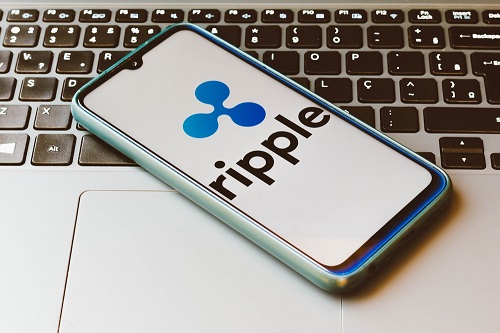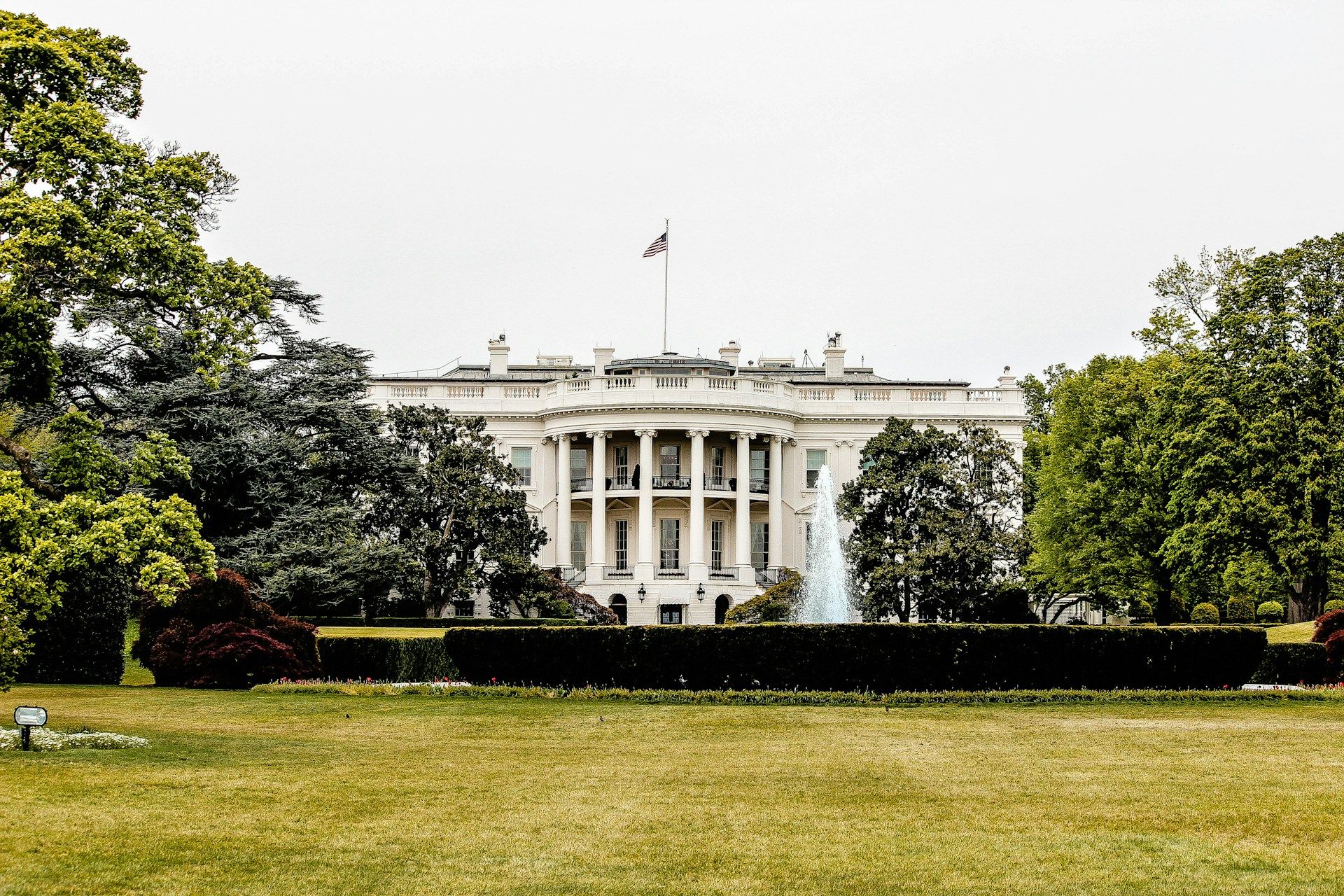ARTICLE AD BOX

- Ripple has unveiled new features for its custody solution for banks and fintechs.
- The company is looking to tap into the growing tokenization and RWA market.
Ripple has launched new features that bring digital asset custody to banks and fintechs, the blockchain company announced on Oct. 10.
According to the announcement, the company’s Ripple Custody platform now supports bank-grade custody technology. Customers will be able to tokenize a wide range of assets, including crypto, fiat, and RWAs, all while leveraging Ripple’s XRP Ledger integration.
Other notable features include transaction screening with Elliptic integration and hardware security via AWS Cloud HSM. In this case, Ripple Custody brings banks and other financial technology companies the capacity to build and scale their businesses, tapping into software infrastructure that adds key layers of security for transfers and settlements.
“Ripple’s custody technology offers a single platform for safeguarding and managing digital assets, designed with the security and compliance standards that top global banks and financial institutions have come to rely on, ” said Aaron Slettehaugh, SVP of product at Ripple.
Ripple eyes rapidly growing crypto custody market
The new move aims at helping Ripple make inroads in a global digital asset custody market expected to hit $16 trillion by 2030. The company also targets the tokenization trajectory that will see 10% of the world’s gross domestic product on-chain by 2030.
Currently, Ripple Custody offers its services to major banks across the globe, including in the US, Switzerland, Germany, France, the UK, Singapore and Hong Kong. Industry players utilizing Ripple Custody include DBS, BBVA Switzerland, Societe Generale-FORGE, and Archax.
Ripple acquired Swiss-based custody firm Metaco in May 2023, taking steps that have seen it grow its crypto custody business. Standard Chartered’s Zodia Custody integrated Metaco’s digital assets custody solution in December 2023.
Earlier this month, the company secured an in-principle approval to expand its services in the United Arab Emirates.
 (1).png) 1 month ago
31464
1 month ago
31464









 English (US) ·
English (US) ·